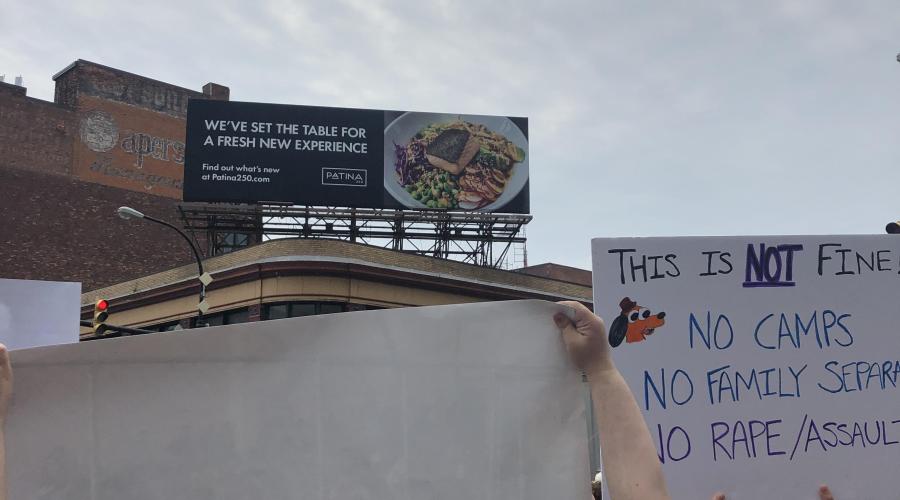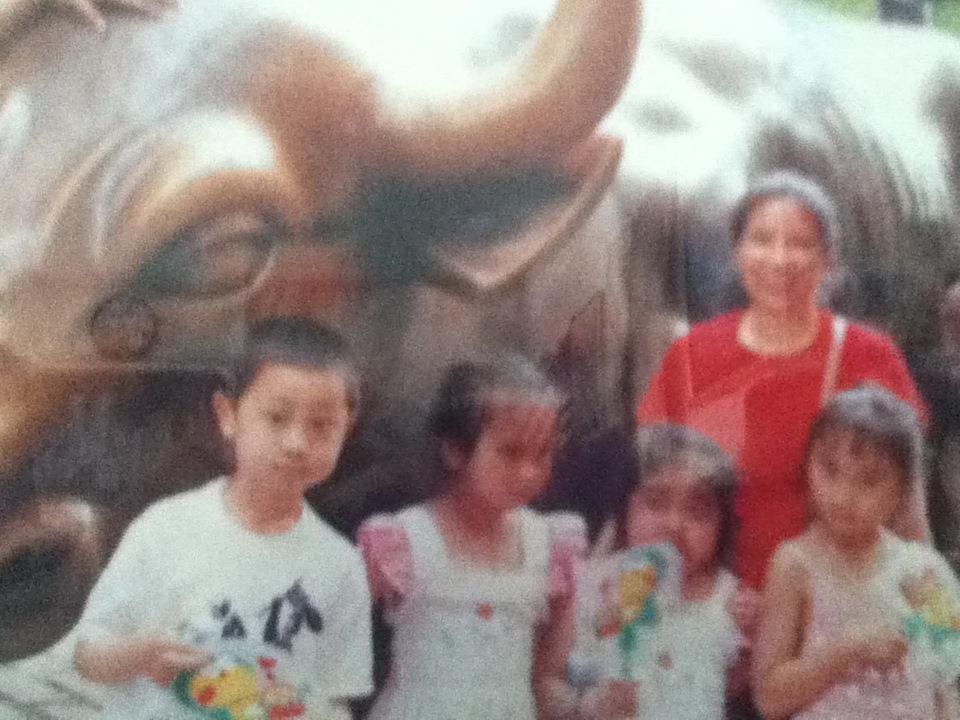
Donald - Thanks, but No Thanks
Every night, my father comes home at 10:30PM, a rancid stench radiating from him as he strips off his white uniform spotted with icterine sweat stains. Submerging his clothes, he winces as his calloused hands touch the lukewarm water. There is a lack of elegance and pride in his actions—once youthful and joyous, he is now a broken man. He is just one of the many workers at the Wonton factory whose conditions are uncomfortable at best and treacherous at worse. The white haze of flour impairs the vision of workers as they carry hundreds of pounds of noodles on their bent backs. With an inch of miscalculation, metal blades could demolish fingers rather than dough.
As a child, I always wondered why my family chose to stay in this country. Often I followed my father to work, quickly discovering that this workplace environment was common for low-income immigrants. I was repulsed by the lack of humanity as corporations took advantage of the language barriers and economic instability prevalent in the working class. They turn to exploitation and marginalization which crush the rights of immigrants and silence their vulnerable voices. These corporations perpetuate a cycle of poverty for low-income families who have no access to capital. Seeing these injustices made me want to become a spokesperson for the underrepresented. They need to know that someone not only hears their pain, but understands it.
According to my Cornell supplement, further understanding wealth inequality and its systemic causes in America is the reason why I study Industrial and Labor Relations. I claim that I come from a low-income immigrant background, but in writing these narratives I fail to acknowledge my own privilege. While reading the incredibly eloquent peace about whiteness and privilege that Laura wrote and attending the protest on the concentration camps at our border, I realize that I also struggle with understanding my own identity in relation to race and privilege.
I've had the privilege of immigrating to America because of the Immigration Act of 1965, opening borders for predominantly intellectuals and the families of immigrants already in America. Thanks to my aunt who won the immigration lottery in the 1980s, my entire family was able to immigrate here. I was the last to immigrate here with my mom in 2016. I've been fortunate enough to access government resources that helped my mom get an education, allowed me to go to ESL classes, and provided us with subsidized stable housing. My mom was even able to get her associates, bachelors, and masters degrees here to become an accountant at the NYPD.
However, others have been literally locked up in cages from the same immigration policies that I've benefited from. While America experienced an immense increase of Asian immigrants since 1965 because of the newly set immigration ratio, others, particularly in Mexico, Central America, and South America, seek refuge from tyrannical governments.
To America,
Thank you for letting me into this country and giving me the opportunity to achieve that model minority myth. Thank you for providing financial aid and food stamps so my family can achieve the "American Dream." But, these privileges apply to me solely because I am Asian, because I had family here who won a LOTTERY. The color of my skin and my family background makes me no different than the children dying from hunger at the borders simply because they were born in a different country. So Donald Trump, thanks, but no thanks.
Best,
Yuan

